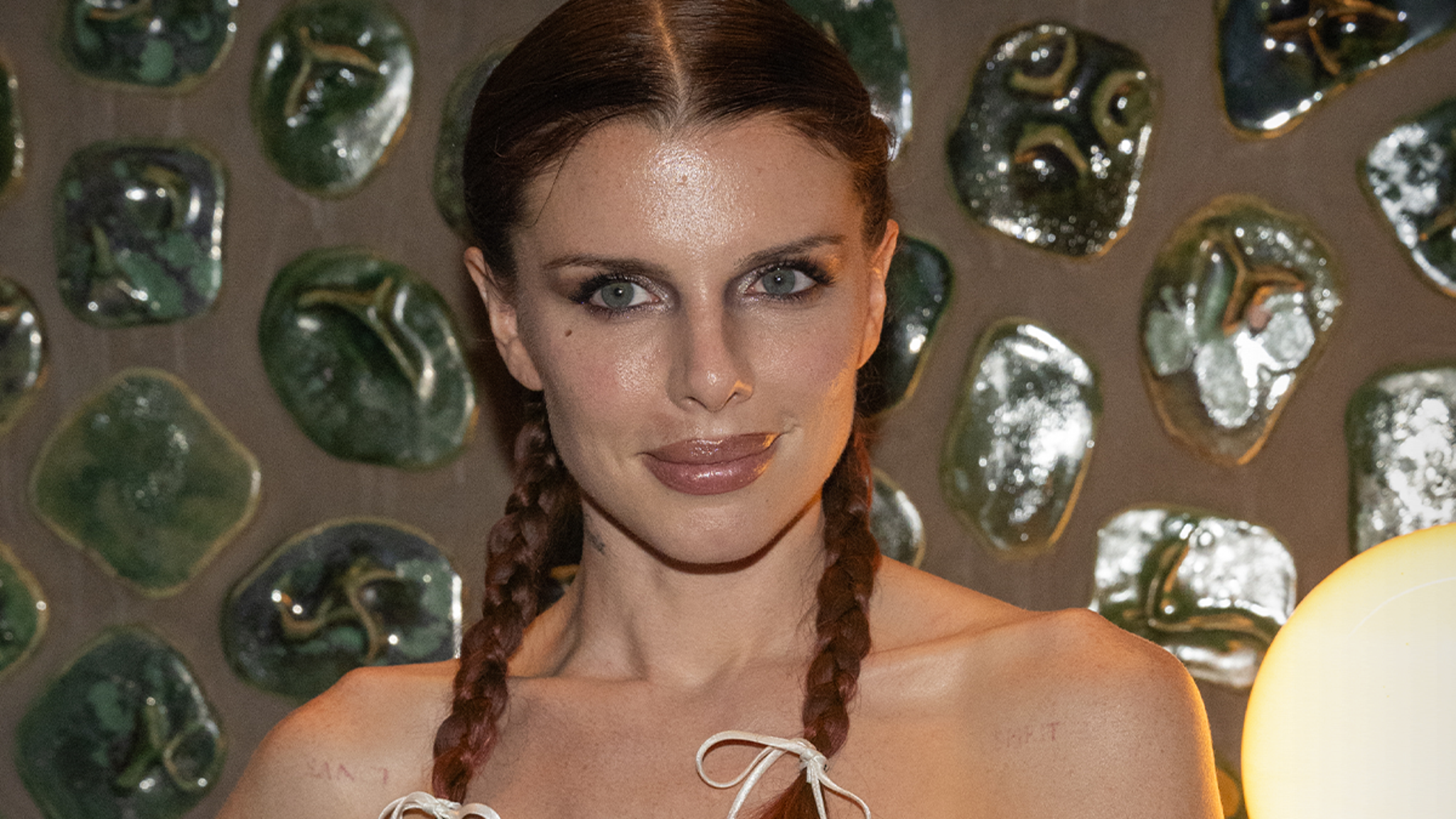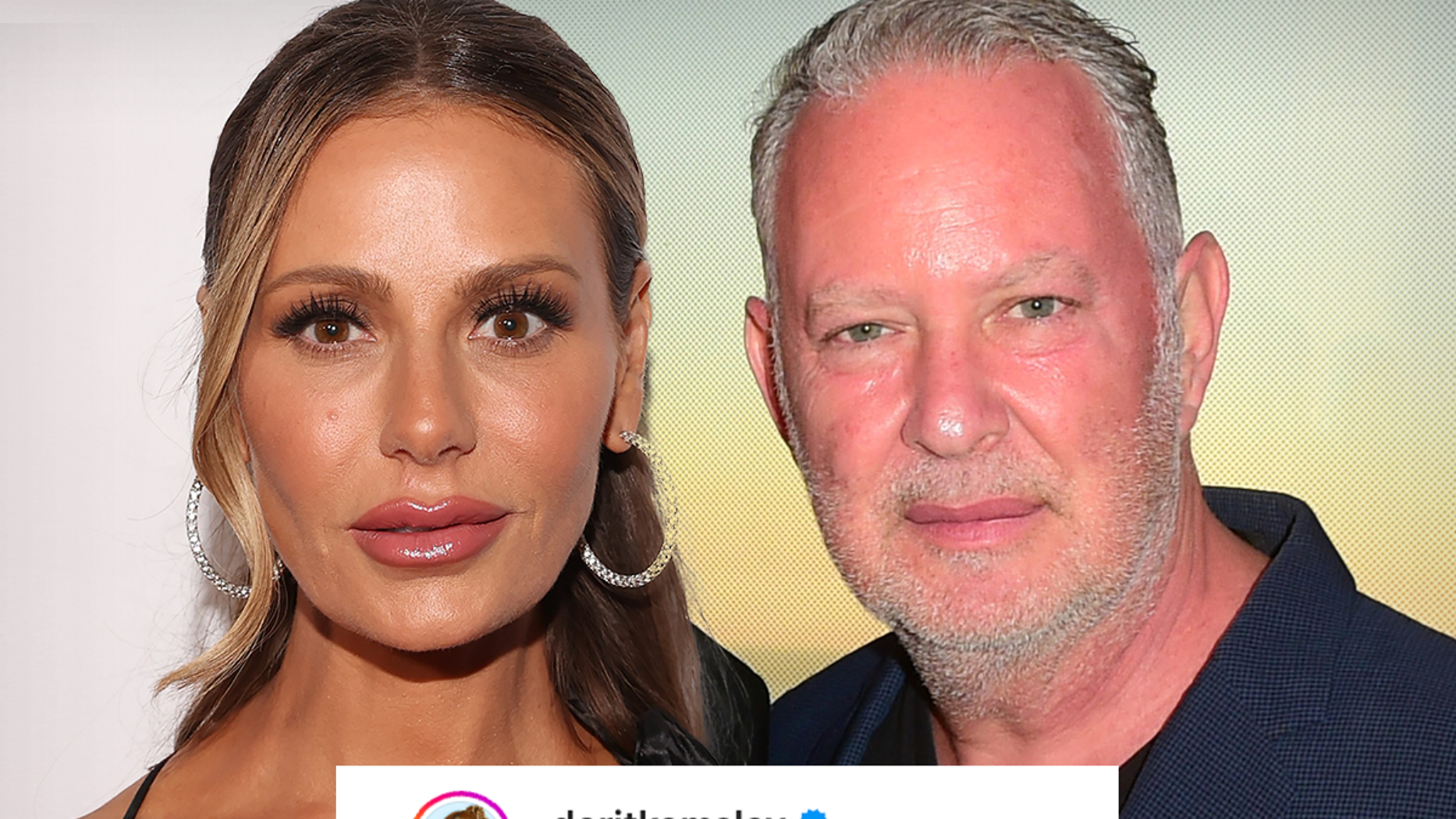Culture
These Books Might Make You Happier

With the pandemic receding and a fraught election season looming, Americans seem more concerned than ever about mental health — yours, mine and that of the next leader of the free world. According to the C.D.C., a whopping 57.2 million Americans a year make visits to the physician where the primary diagnosis turns out to be a mental disorder. That’s a whole lot of anxiety and depression.
Not surprisingly, there’s a small library of titles that touch on these subjects in different ways. Most are pretty bad; I don’t need to spend $30 for someone to tell me that the secret to stress reduction is a combination of affirmations, nature walks and journaling. But a few new books offer fresh approaches to seeking contentment and peace.
“You are what you eat” has never been my favorite expression, since it means I’m essentially a bag of Tootsie Rolls. Nevertheless, nutrition affects our brains as well as our bodies. The question is: How much? Can we really blame our global mental health crisis on ultra-processed foods? Georgia Ede, a Harvard-trained nutritional psychiatrist, can and does. In her book, CHANGE YOUR DIET, CHANGE YOUR MIND (Balance, 464 pp., $32.50), Ede posits that even the best antidepressant medications are only moderately effective — and that the modern diet leads to a host of horrors, including brain inflammation, hormonal imbalances, emotional instability, depression and dementia. Ede suggests that diet can have a bigger impact than medication and, she writes, “If it’s optimal mental health you seek, you will need to start grounding your food choices in brain biology rather than dietary ideology.”
I’ll admit, I flipped to the back of this book, silently screaming Just tell me what to eat. It turns out, there isn’t a single brain-healthy approach; there are several that can be effective. (Ede is a proponent of the ketogenic diet.) The idea is to eliminate foods that cause inflammation — processed sugars, refined vegetable oils, refined carbohydrates. My scared-straight moment: A 2022 study at Wake Forest University showed that Alzheimer’s patients had linoleic acid blood levels that were 56 percent higher than people without cognitive impairment. I may be confused by much of this book, but you can bet I went into the kitchen and chucked the Pringles.
Joshua Fletcher is a British psychotherapist whose new book, AND HOW DOES THAT MAKE YOU FEEL? (Morrow, 320 pp., $29.99), is a chronicle of his own thoughts while treating patients. It includes case studies and slightly-too-whimsical checklists of Fletcher’s emotions during sessions. But that’s not what makes it useful. The book serves as a primer on common mental health ailments — including O.C.D., depression and panic and anxiety disorders — interspersed with information on different kinds of therapy.
The reason so many people believe therapy isn’t for them, Fletcher insists, is that they haven’t found the right one. I would argue that it’s not so much the modality, but the practitioner. “Therapists are some of the most amazing people I’ve ever met, both personally and professionally,” Fletcher writes. “However, they can also be nauseatingly self-righteous.”
I assumed that nothing in a book of essays about people struggling with their mental health could surprise me. Then I read about Tonie Dreher in Patrick J. Kennedy’s PROFILES IN MENTAL HEALTH COURAGE (Dutton, 336 pp., $30), written with Stephen Fried. Dreher was so strung out after years of crack addiction, and so in denial about her various diagnoses — PTSD, schizophrenia — that she lost track of years of her life; she wasn’t even sure how many children she had given birth to. Today she counsels people who are hoping to be diverted from prison into mental health programs. Dreher’s story is a reminder about the complicated relationship between addiction and mental health: So many people seek drugs to relieve the pain of being mentally ill, thus exacerbating mental illness by becoming addicted to drugs.
Kennedy, a former congressman with his own history of substance abuse and bipolar disorder, introduces readers to Gabrielle Anwar, an actor whose bipolar disorder blew up her career; Justin Maffett, an attorney and impassioned activist in the Black Lives Matter movement who became convinced, during a psychotic break, that he was “an angel sent by God to save the country from racism, Russia and China”; and Ashley Dunlop, a health care aide whose answer to auditory hallucinations was heroin. While many of the stories here involve people living with mental illness who are not only functioning, but helping others, Kennedy makes sure to include one who lost the struggle: his cousin Harry McMurrey, a seemingly happy-go-lucky guy who ended his own life during his senior year of college. At the funeral, Kennedy (who is Edward M. Kennedy’s son) hugged McMurrey’s father and whispered, “There was nothing wrong with Harry. He died of a disease. It manifests itself in a terrible way, but it’s still a disease.”




















